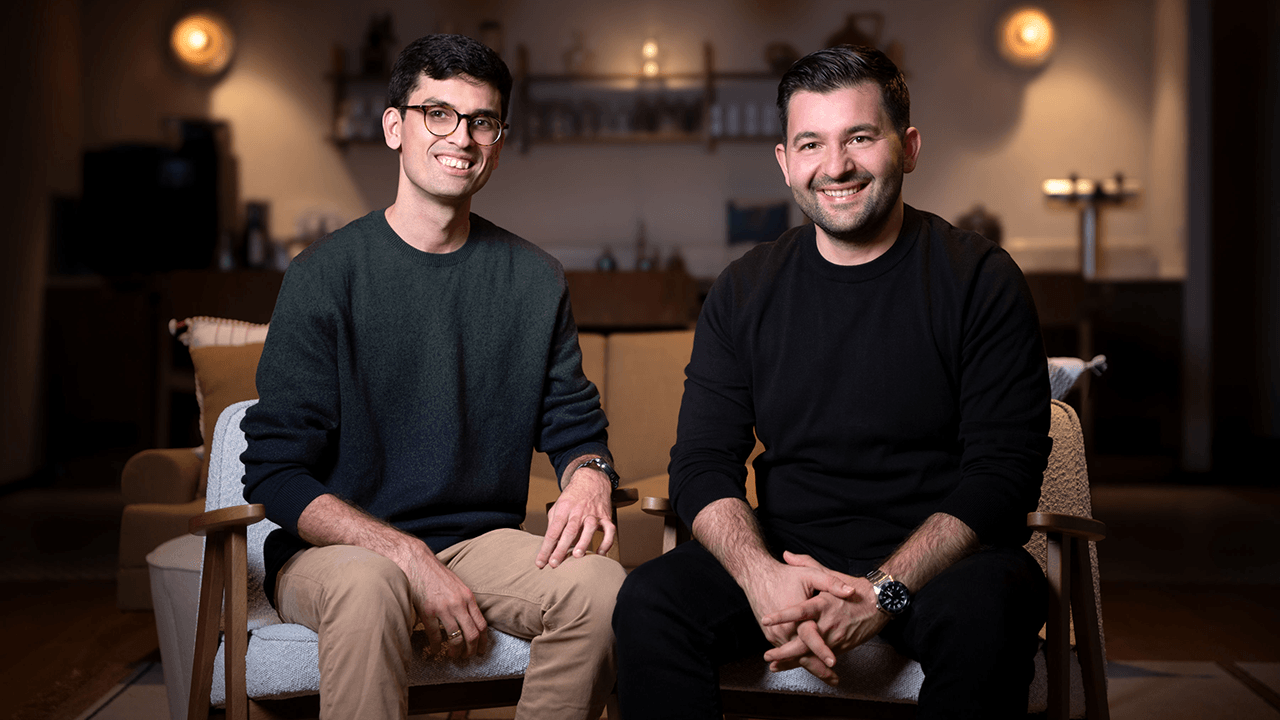GlassFlow, a Berlin-based startup taking on the woes experienced by event-driven data pipeline developers, has raised $1.1 million in a Pre-Seed funding round.
While Glassflow’s solution is still in MVP status, the team is supported by data engineers from Zattoo, Gogox, Hitachi, Virgin Pulse, and others. It intends to use the investment round to develop the product further and expand the team size.
The startup’s Pre-Seed round is led by High-Tech Gründerfonds, Robin Capital, TinyVC, and Roosh Ventures, and saw the support of angel investors including GitHub CEO Thomas Dohmke, Aiven CTO Heikki Nousiannen, former head of streaming analytics at Google Sergei Sokolenko, and Prof. Dr.-Ing Roland Fassauer, co-founder at Intershop.
Everyday Glory
While it might not be a typical dinner table conversation, or really something you or I think about on a daily basis, event-driven data pipelines make a lot of things and services we access on a daily basis possible and seamless.
Essentially event-driven architecture provides for the loose coupling between components of a system. This leads to greater agility and can allow for independent components within the system to scale, and fail, independently without impacting other services.
Sounds great right? It is, unless, of course, you’re the administrator or team member of making sure these systems do what they should do, when they should do it.
Top-down troubles
One route of application for event-driven data pipelines is Kafka Apache, an open-source system developed by the Apache Software Foundation and first released in 2011.
From industry professionals Tech.eu has spoken to, the average time to learn this system is around nine months, and a number of top platforms, employ up to 10 full-time developers dedicated to just maintaining this legacy tool.
The average Python developer spends up to 50 percent of their working hours simply cleaning data, making sure that, again, things work as they should, when they should.
Certainly, we can’t present the quandary here without mentioning Confluent’s acquisition of Immerok. In this action, Confluent wants to go downstream with a solution, as the system is all top-down in regard to a fully optimised and functional pipeline.
Enter GlassFlow
Where GlassFlow wants to move the needle in this data-hungry process is by going from the bottom up, providing every dev across the globe with an easier, more effective, and adaptable solution.
According to GlassFlow, its offer scales automatically in accord with the performance needs of the pipelines, as well as offering a serverless transformation engine that allows developers the ability to define applications as functions and events.
Roosh Ventures principal Andrew Tymovskyi further explains:
“The demand for real-time data processing is skyrocketing, and Glassflow’s streamlined approach is a game-changer.
“By consolidating complex tools into a single platform, it empowers teams to deliver results in record time. What truly excites us is the stellar team behind Glassflow, led by Armend and Ashish, boasting over a decade of expertise in real-time data processing, with their prior collaborative successes spelling a promising journey ahead.”
Lead image: Ashish Bagri (CTO) and Armend Avdijaj (CEO) (left to right). Photo: Dominik Tryba



Would you like to write the first comment?
Login to post comments